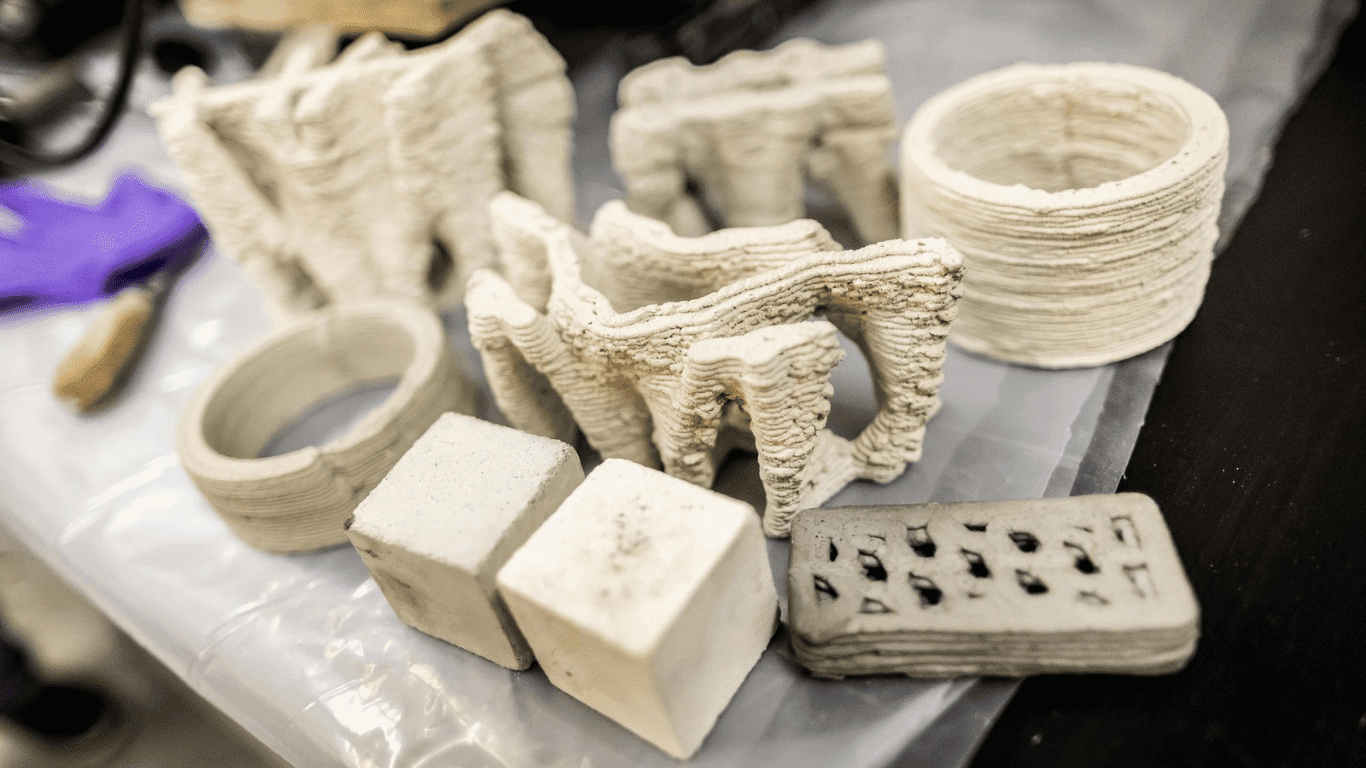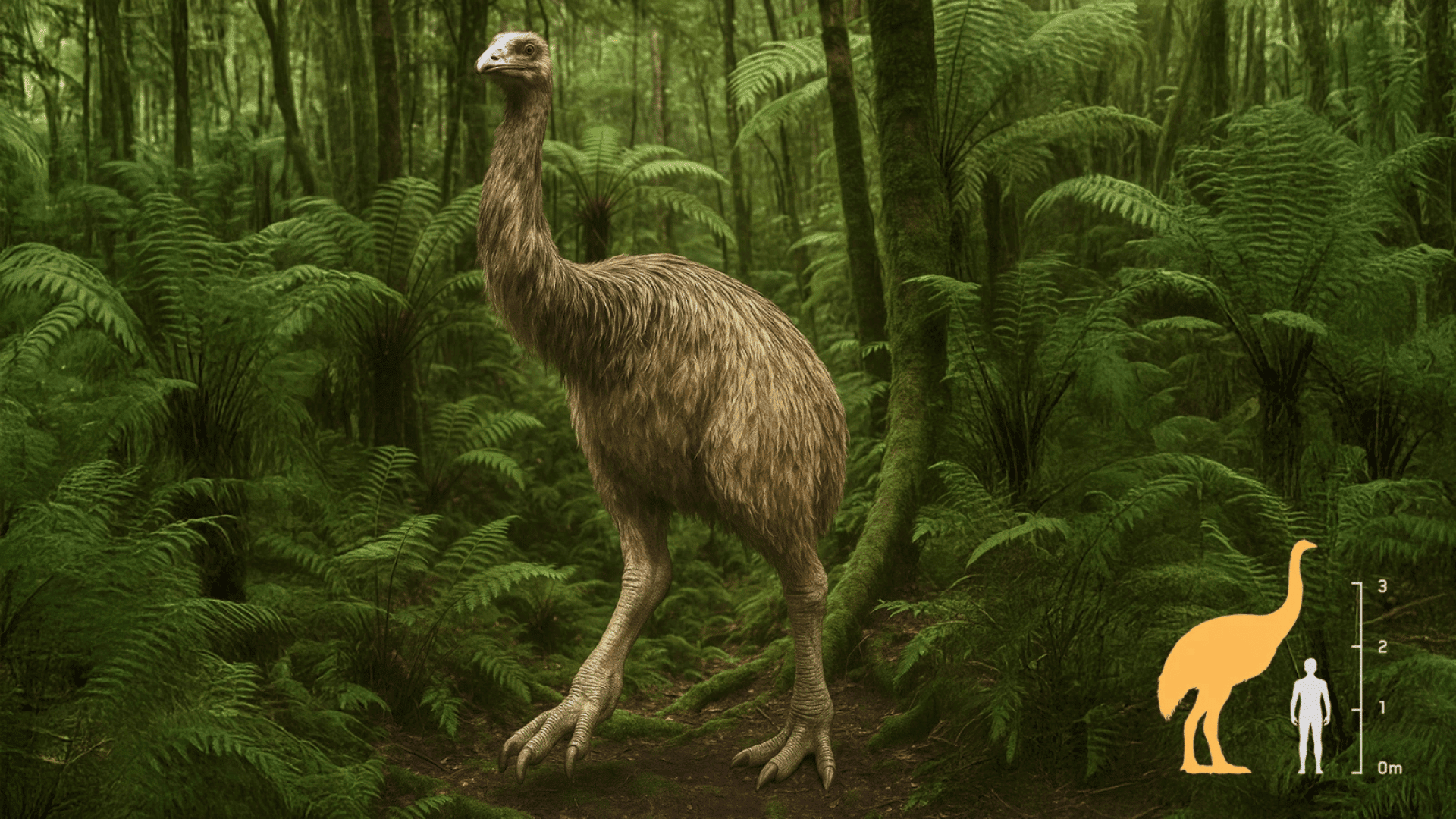When it comes to the traveling industry, there is a need for more eco-friendly accommodation and activity options in tourist locations across the globe. In this episode of Tomorrow’s World Today, field reporter Jackie Long visits Dubai to learn about how IHG (Intercontinental Hotels Group) is working to become more sustainable and innovative. Not only are hotels making this new initiative a priority, but many locations are also working to incorporate more ecotourism options into their tourist industry.
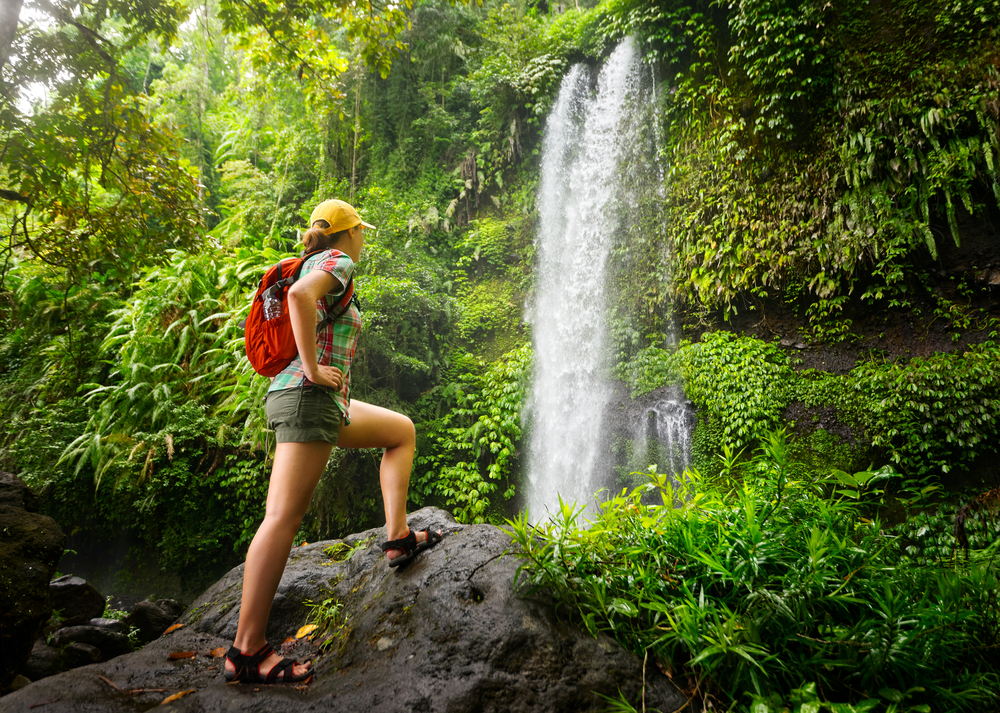
What is Ecotourism?
Ecotourism is defined as “responsible travel that conserves the environment and improves the well-being of local people.” When a place becomes a popular destination for tourism, that location will tend to create attractions or tours in which tourists can participate. Unfortunately, though, when one opens up natural locations to tourists it can often exploit resources that have a direct impact on wildlife habitats and natural landscapes. Ecotourism works to conserve wildlife and local culture by supporting the sustainable use of resources.
Observing Wildlife
The first benefit of ecotourism is the observation that it can give those who travel to ecotourism destinations. Because ecotourism focuses on preserving natural and untouched habitats, those who take ecotourism trips will get to experience nature closer and more intimately than they ever could in an over-crowded tourist destination. This can allow you to truly experience the magic and wonder that exists within nature in ways that humans normally can’t experience.
Take, for example, the phenomenon of bioluminescence. This is the chemical process through which some sea life is able to create light within their bodies. When uninterrupted, this phenomenon can allow the seawater to glow a stunning neon blue. In specific areas along the east coast where ecotourism has worked to keep areas undisturbed, this gorgeous natural phenomenon can truly be observed.
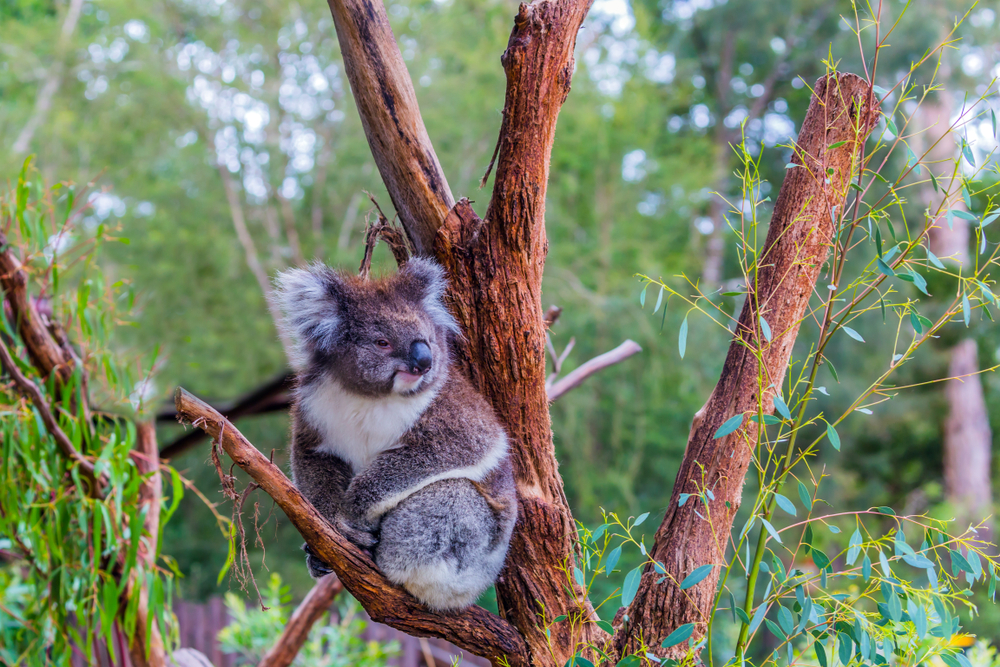
Education
The benefit of education when it comes to ecotourism will not only help people become more informed about environmental conservation but also about animals and plants in the wild. When you take an ecotourism tour or trip, it will no doubt include a lot of information about environmental protection. This can help those who experience this type of tour to be more educated on how to preserve certain plant species, animals, and ecosystems. They will then take this information and experience and use it to make positive changes in their lives.
Education can also imply the simple act of getting to observe an animal or plant in its natural habitat. Although going to zoos or local forests is something that is readily available to us if we want to see some plants or creatures, it isn’t quite the same as the truly natural equivalent. Though zoos do a lot for animal conservation, the artificial habitats aren’t close enough to the animal’s natural habitat for us to truly observe their wild behaviors. Not only that, but many animals in local parks and forests have been displaced by industrialization. Ecotourism is one of the few ways humans can truly observe an animal or plant’s behavior in its natural habitat.
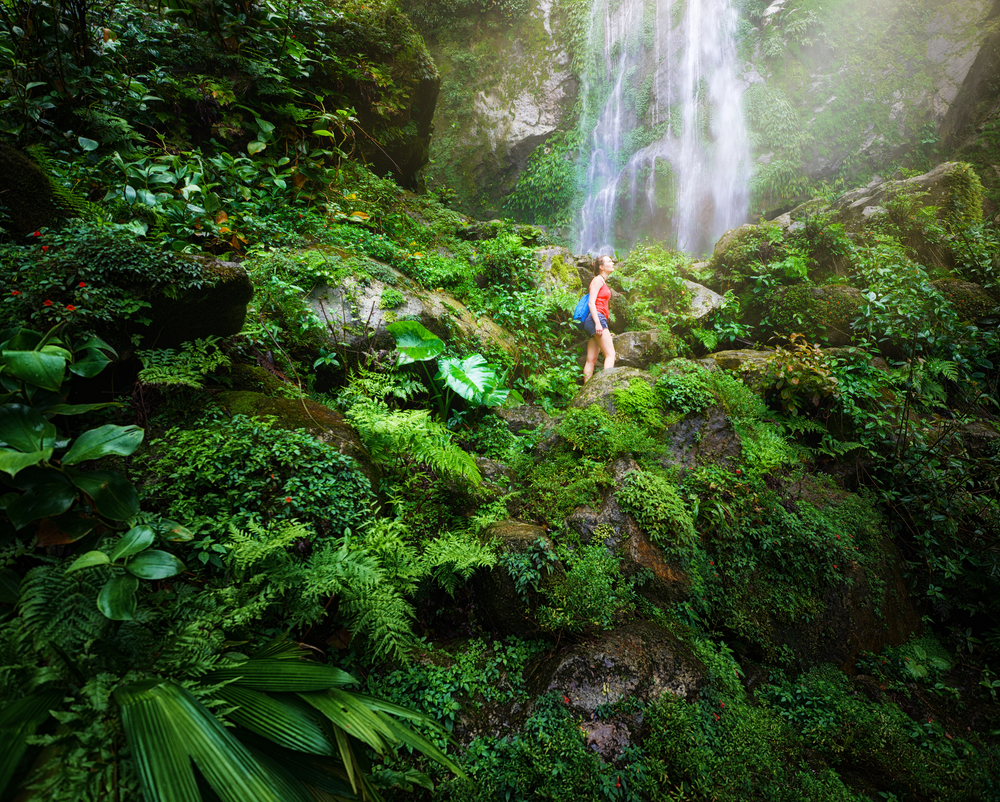
Conservation
Another aspect of ecotourism that can be wholly unique and beneficial is the benefit of conservation. Humans generally have become so accustomed to the fact that our presence negatively affects our environment and the earth on a global scale, but ecotourism can provide us with the rare opportunity to leave nature better off than we found it. Many ecotourism locations will not only give their participants tours of natural locations but will also give them the opportunity to volunteer to help keep the environment pristine.
For example, some locations will have an optional organized beach clean up to pick up plastic straws or six-pack rings that have washed up on the beach. Getting to actually participate and be part of keeping a beautiful ecosystem pure and clean can be an incredibly rewarding and even life-changing experience.
Community
Tourism, in general, can be incredibly beneficial to a location’s economy. But with tourism often comes the destruction of natural wonders and the loss of community culture. Locations that have ecotourism will get the financial benefits of tourism without the loss of community, culture, and environment. This means that it will not only remain a viable tourist destination for longer but also the community will be able to make improvements and create new attractions that will give tourists even more to do and experience culturally when they visit.





